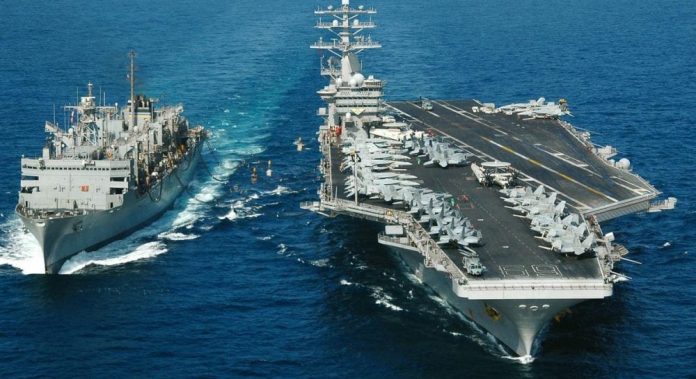The situation in the Arctic is gaining global attention because Russia strengthens its military positions in this strategically important region. According to the Statista analytical portal, Russia has the highest military presence in the Arctic, building a considerable number of bases in the USSR. This gives the Russian Federation a significant advantage compared to other countries, including the US, which have twice smaller facilities.
Over the past half a century, the country has built almost 50 military bases in the Arctic, and more than half of them belong to Russia - 24 bases. For comparison, the US has only 11 bases, of which 9 are in Alaska and 2 in Greenland. Norway has 13 bases and Canada is 4. The United Kingdom has only one. Russia has 53% of the Arctic Coast Line, which allows it to effectively control the sea paths of the Arctic Ocean, both surface and underwater. Russia is also a member of the Arctic Council, an organization that includes eight countries trying to master the North Pole peacefully. However, the tension between states increased after Russia was presiding in the Arctic Council in 2022, and other countries declared a boycott. After that, the meeting was held virtually.
Western analysts express concerns about Russia's military and economic activity in the region. The Russian Federation not only modernizes military bases, but also actively develops its infrastructure in the Arctic, which allows it to strengthen control over the maritime routes, in particular in the Bering and Kara ducts. If Russia receives full control of the North Sea route, it will have an economic and diplomatic impact on the global level.
The United States, in turn, is concerned about Russia's military presence in the Arctic. In his Arctic Strategy by 2024, the Pentagon recorded possible threats associated with the development of the Russian Northern Infrastructure of Russia, which could affect the movement of marine routes near Alaska. Climate changes also open up new logistics opportunities, which complicates the situation. Moreover, there is a chance that China, which already considers itself a "inferior state" will strengthen its presence in the region.
US dissatisfaction is also exacerbated by the fact that President Donald Trump has repeatedly stated the importance of Greenland for the country's security. It is the largest Arctic Island and an important strategic object, as it has two important US military bases. After Denmark refusal to sell the island, Trump has repeatedly mentioned the possibility of economic and even military influence on the country, which caused some tension in international relations.


